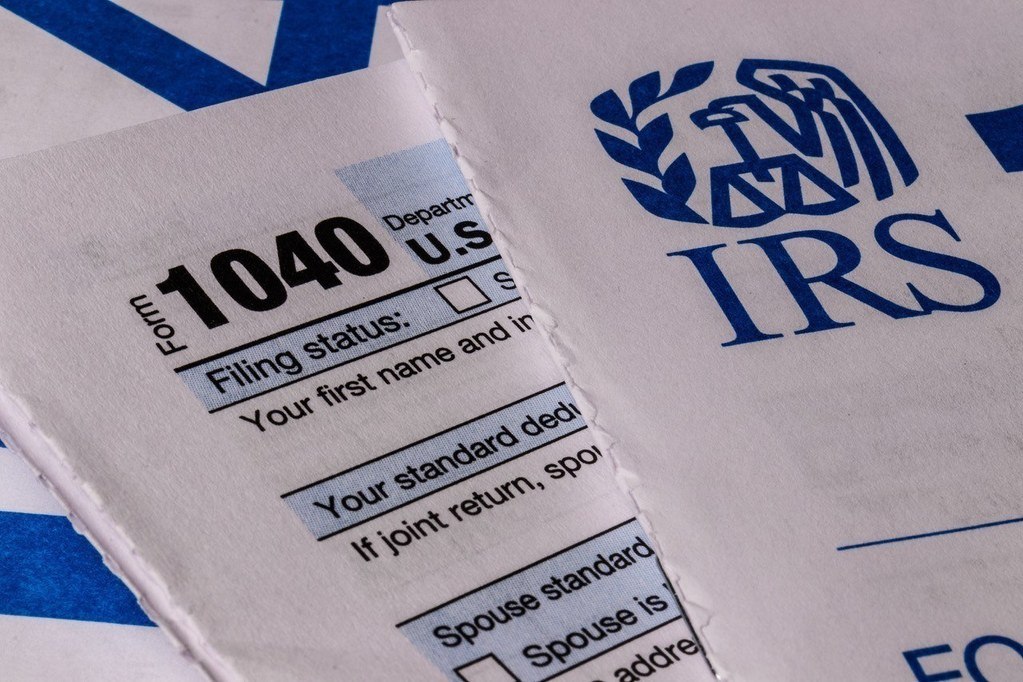
2021 Estate Tax Proposals
New federal tax legislation is on the horizon, with significant changes for estate and gift taxes. President Biden’s “Build Back Better” plan, currently wending its way through Congress, proposes to drastically cut the estate and gift tax exemption and make estate and gift tax planning much more difficult.
The estate tax is a one-time tax based on the value of a deceased person’s assets as of their date of death, if they exceed the estate tax exemption. The federal estate tax exemption is currently $11.7 million and the New York estate tax exemption is currently approximately $5.9 million (adjusted for inflation). The proposal in Congress would cut the federal exemption in half. If passed, both the federal and New York estate tax exemptions for 2022 would be about $6 million.
ALERT:
- The proposed reduction in the estate tax exemption would take effect in 2022.
- Take action now before the tax exemption rates are cut in half.
- Actions taken to plan now will be grandfathered!
In addition, Biden’s proposal seeks to eliminate tried and true tax savings techniques, targeting the grantor trust rules and impacting a number of popular estate tax planning techniques, including irrevocable life insurance trusts (ILITs), spousal lifetime access trusts (SLATs), grantor retained annuity trusts (GRATs) and Qualified Personal Residence Trusts (QPRTs). A grantor trust, for tax purposes, is treated as “owned” by the creator of the trust. That means that any income earned on trust assets is taxed to the grantor, and the grantor effectively is able to make “free” gifts by paying the taxes owed on trust assets and reducing the size of their later estate.
The new rules would include in the trust creator’s estate at death the entire value of the grantor trust, and any distributions from those trusts made before death would be considered taxable gifts. If these changes are implemented, many planning techniques would not be able to use grantor trust status, leading to more estate taxes.
Finally, Biden’s tax proposal significantly restricts the availability of valuation discounts in a number of estate tax planning tools. Often, in an effort to reduce estate taxes, gifts will be made using limited liability companies (LLC). By placing certain restrictions on the membership interests in the LLCs, the gifts of the LLC interests will be treated as having a lower value than the underlying assets. This reduces the use of the lifetime estate and gift tax exemption. Biden’s proposal would restrict the availability of discounts for “nonbusiness assets”, such as cash, stocks and bonds, and real estate not used in active business. The increase in the use of lifetime exemptions from this change would lead to additional estate taxes at death.
There may be precious little time to prepare your new estate plan under these circumstances. The time is NOW to set your plan in motion to be grandfathered in before these changes take effect. Contact the experienced estate and gift tax attorneys at Cona Elder Law today to discuss your options.
About the Author Cona Elder Law
Related Posts
PLAN NOW: NEW MEDICAID HOME CARE LOOK BACK RULES TAKE EFFECT 10/1/22
Medicaid Alert: New York State Budget
Retirement Savings and Required Minimum Distributions: A Review of the Rules
Senior Scams are on the Rise: Tips to Protect Yourself and Your Loved Ones
Legislature simplifies the power of attorney process
Estate Taxes Coming Soon: Are You Ready?

